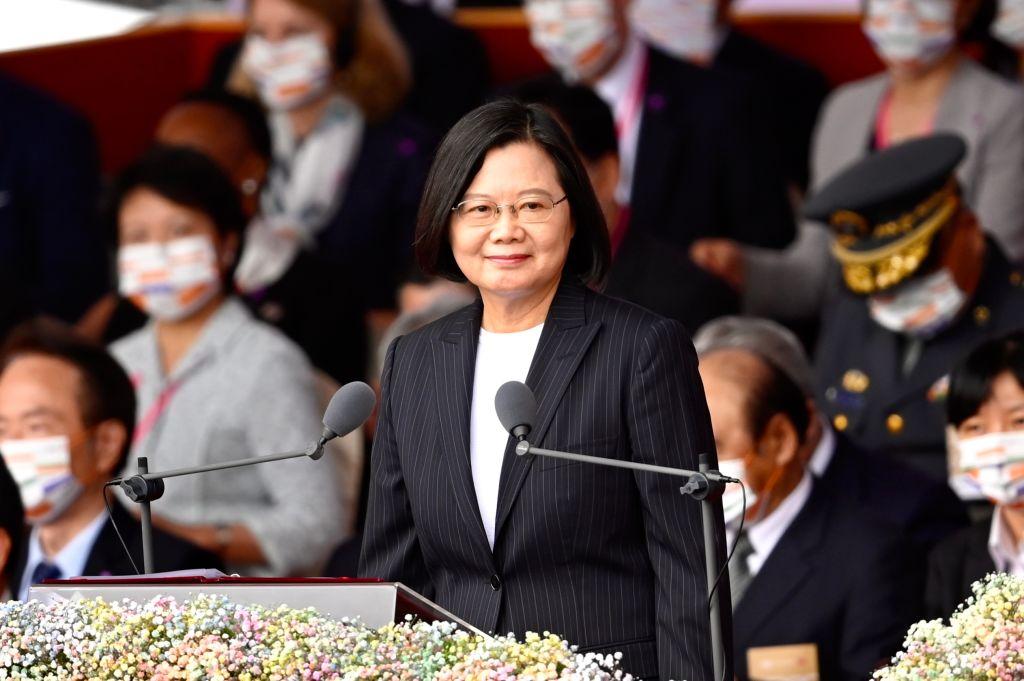TAIPEI, Taiwan—Taiwan President Tsai Ing-wen said she wanted to have “meaningful dialogue” with China but only when Beijing was willing to drop its antagonism and show mutual respect, in a speech on Oct. 10 when Taiwan celebrated its National Day.
“We are committed to upholding cross-strait stability, but this is not something Taiwan can shoulder alone; it is the joint responsibility of both sides,” Tsai said.





